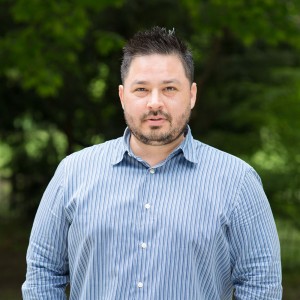As part of a randomized controlled trial, Cordóva, O’Neil, et. al., (NSF 2017068) have collaborated with Michigan Friend of the Court (child support enforcement), Community Mental Health Partnership for Southeast Michigan (CMHPSM), two substance use treatment (SUD) centers, seven courts, and a tech startup to create and target a no-cost online platform to a representative sample of uninsured and Medicaid patients receiving SUD treatment that resolves child support cases remotely, without having to go to court. Utilizing secondary data from the “Washtenaw County Friend of the Court Community Outreach” platform and collected from the RCT subjects we test this intervention as a harm reduction strategy for parents and their families. Our proposed study will (1) evaluate the context and breadth of needs for child support resources amongst this population and (2) estimate the value of targeting free public online resolution for persons receiving SUD treatment. Our population includes an oversampling of African American (21% v. 12.2%) and Native (5.4% v. 0.4%) persons relative to their mean population in Southeast Michigan. Results will provide key insights into under-researched communities with increasing rates of SUD related premature mortality and high levels of intergenerational state involvement, e.g., foster care and child protective services. We operationalize demand for child support case resolution if client has (1) one or more child support case(s), combined with (2) arrearage, inability to pay timely, or payment due from non-custodial parent OR other outstanding support issue e.g., paternity, bench warrant, failure to appear, show cause, hearing reschedule, recalculation of support order, or driver’s/professional license suspension. Impacted individuals contributed to the survey instrument, tested survey and platform instruments, and enrolled study participants. Findings will contribute to the policy space identifying demand for child support resources amongst uninsured and Medicaid persons with SUD and summarize the potential for a no-cost public platform to engage and serve this high-needs population.

